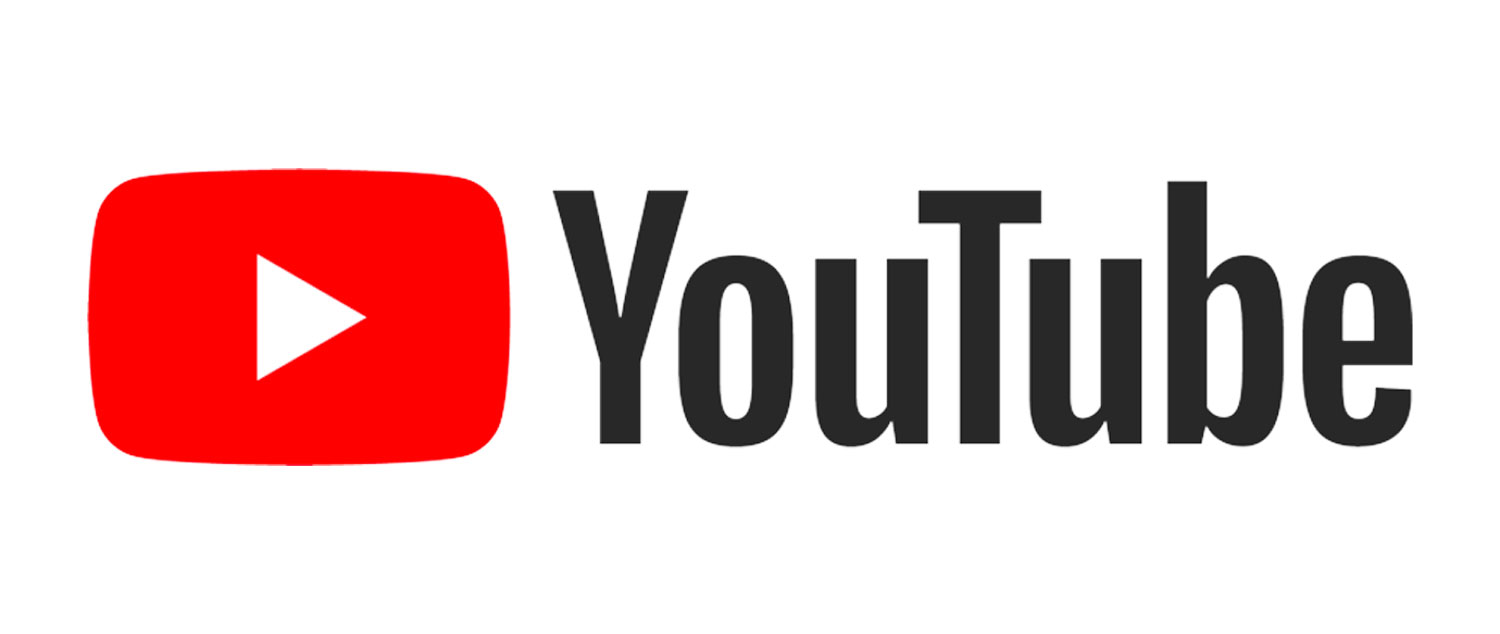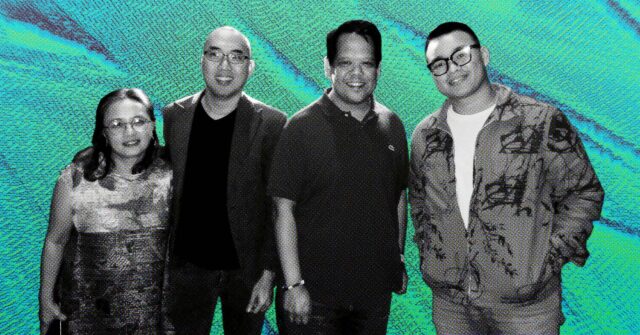YouTube’s much-anticipated AI tool faces hurdles as negotiations with major record labels drag on. This tool, originally set to debut at the ‘Made On YouTube’ event earlier this September, aims to allow select creators to use the voices of popular artists in their videos, pending artists’ permission.

Universal Music Group, Sony Music Entertainment, and Warner Music Group are still hashing out licensing deals for this beta version, with separate agreements needed for a wider release. Label executives, despite publicly embracing AI, are cautious about relinquishing leverage, given past industry shifts. UMG’s CEO Lucian Grange may have stated earlier that “such technology could “amplify human imagination and enrich musical creativity in extraordinary new ways” while WMG CEO Robert Kyncl was caught on record saying, “You have to embrace the technology because it’s not like you can put technology in a bottle” –– but many of the recent developments with AI have executives are especially conscious of projecting that image now.
Top artists are now also hesitant to entrust their voices to unknown creators, with even the most forward-thinking of musicians wary of putting their voices in the hands of just any creator who could use their vocal likenesses to make statements or sing lyrics they might not approve of.
These negotiations set a precedent for future AI deals and laid the groundwork for YouTube’s AI strategy. Key issues mentioned include AI model training, artist opt-in/out choices, and monetization structures for artists. Yet despite these issues, label sources still recognize YouTube as a reliable partner in this space given the platform’s work on developing its Content ID system that identifies and monetizes copyrighted materials in user-generated videos.
Publishing complexities arise due to numerous songwriters involved, leading to discussions about a lump-sum licensing fee. Despite the intricate negotiations, music rights holders understand the inevitability of AI and aim to stay at the forefront. Other AI-generated soundalike tools have stirred controversy, prompting streaming services to remove AI-created content that imitates famous artists. In August, YouTube partnered with UMG for an ‘AI Music Incubator,’ which is separate from the ongoing licensing talks.
In a significant development, UMG and other publishers recently filed a lawsuit against AI platform Anthropic PBC for using copyrighted lyrics to ‘train’ its software, marking a key legal battle in the future of AI music.

